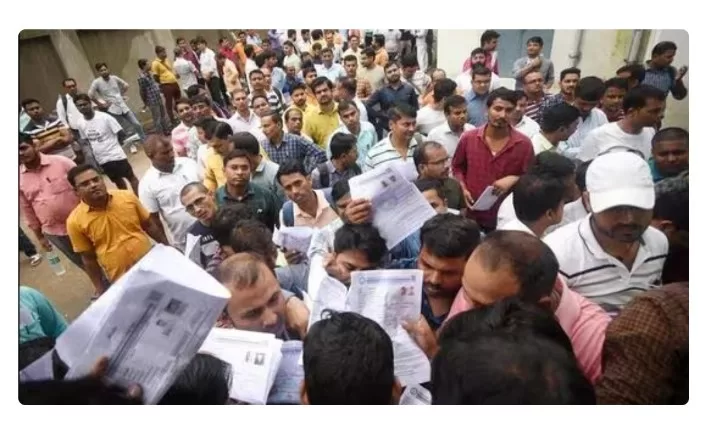In a recent development that has captured the attention of Bihar’s administrative and educational circles, a fierce public dispute has erupted between the Bihar Public Service Commission (BPSC) and the state’s Education Department. The crux of this dispute revolves around the autonomy of the BPSC and its adherence to established procedures.
Following a sharp retort from the BPSC, wherein they vehemently asserted their independence from the Education Department and decried any unwarranted interference as “unconstitutional, unwarranted, and unacceptable,” the Education Department has issued a stinging response. In this rejoinder, signed by Kanhaiya Prasad Srivastava, the Director of Secondary Education, it was conveyed that, in light of the Chief Secretary’s intervention and subsequent directives to District Magistrates regarding teacher recruitment document verification, the BPSC’s response is deemed “unnecessary and childish.” This retort has further escalated what is now an unprecedented public clash among top bureaucrats.
At the heart of the matter is the balance between the BPSC’s autonomy and its adherence to the Bihar State Teachers (Recruitment, Transfer, Disciplinary Action, and Service Condition) Rules of 2023. The Education Department argues that while autonomy is essential, it should not be a license for arbitrary actions that could lead to legal challenges in the future. To this end, the Director of Secondary Education emphasized the importance of following established rules, rather than engaging in unnecessary correspondence.
Furthermore, the Education Department questioned the BPSC’s assertion that it operates independently from the department and suggested that any deviations from established practices should be discussed through a meeting involving the departments of education, law, and general administration. This call for dialogue comes in response to recent BPSC actions related to teacher recruitment examinations and document verification.
In the midst of this ongoing dispute, Chief Secretary Amir Subhani had to step in, instructing all District Magistrates to refrain from involving education department officials in document verification for teacher recruitment by the BPSC. However, the BPSC promptly responded, defending its dual-phase document verification process and reiterating the importance of adhering to constitutional principles. BPSC Chairman Atul Prasad also expressed his dissatisfaction through a tweet, emphasizing that government-deployed officers and changes therein do not concern the BPSC and warning against efforts to cancel document verification for teacher recruitment.
This unprecedented public feud has raised questions about the division of responsibilities and authority between the BPSC and the Education Department in Bihar. It remains to be seen how this situation will be resolved and what impact it may have on future recruitment and administrative processes in the state.







